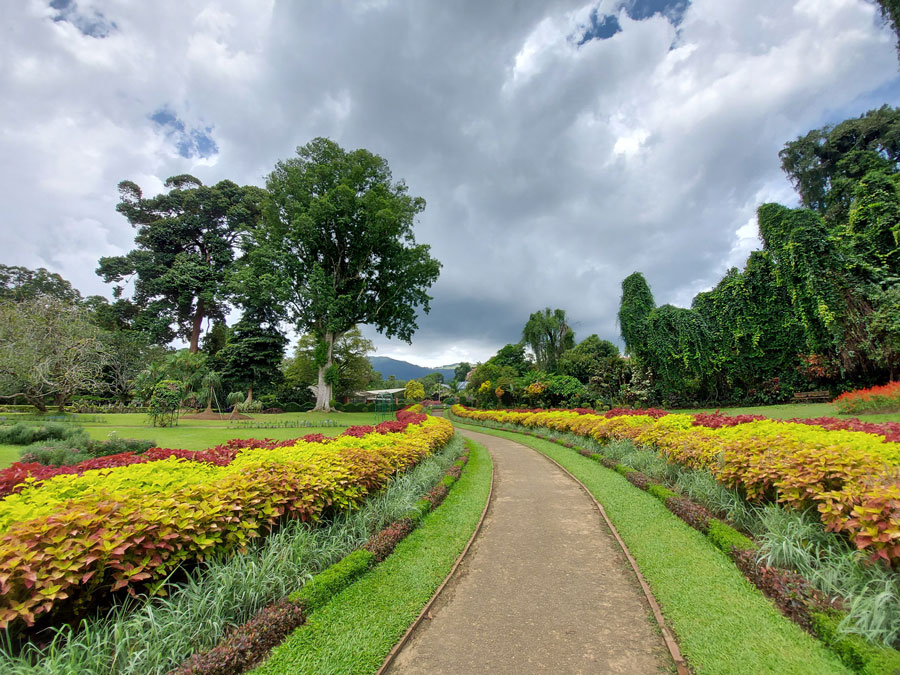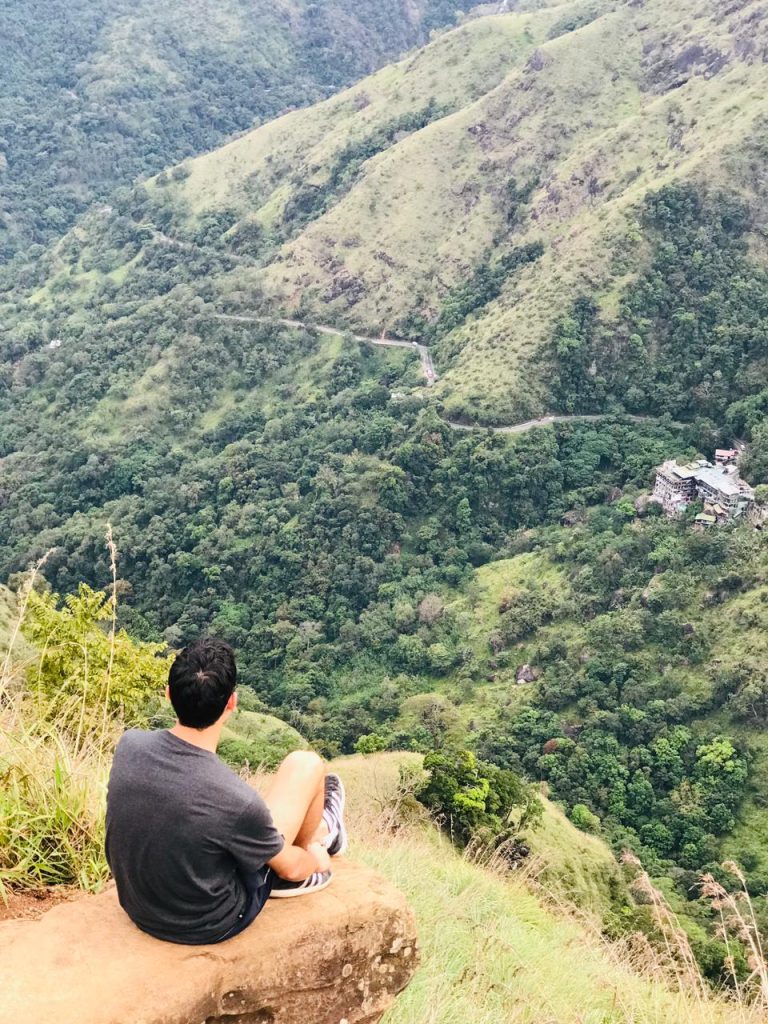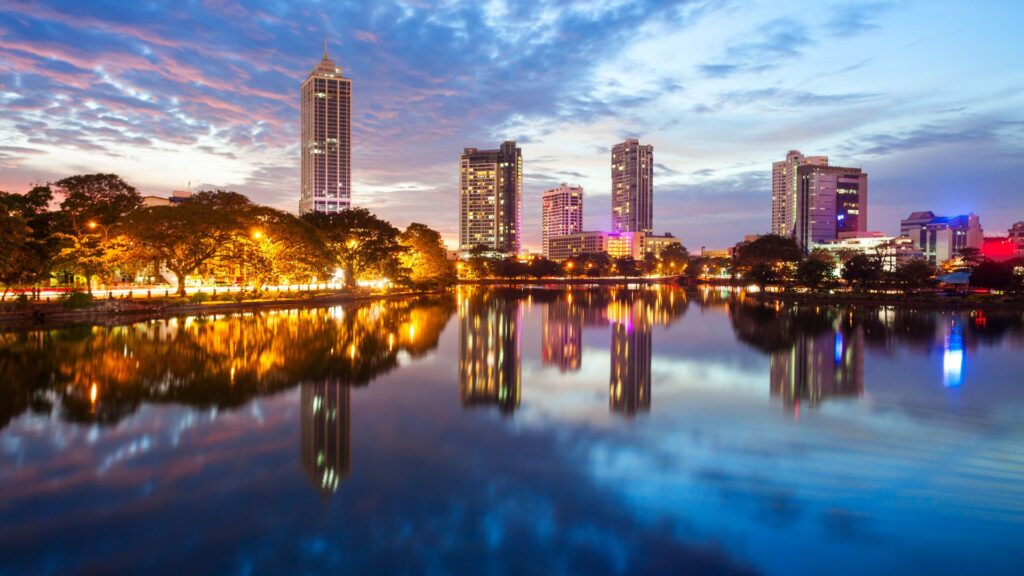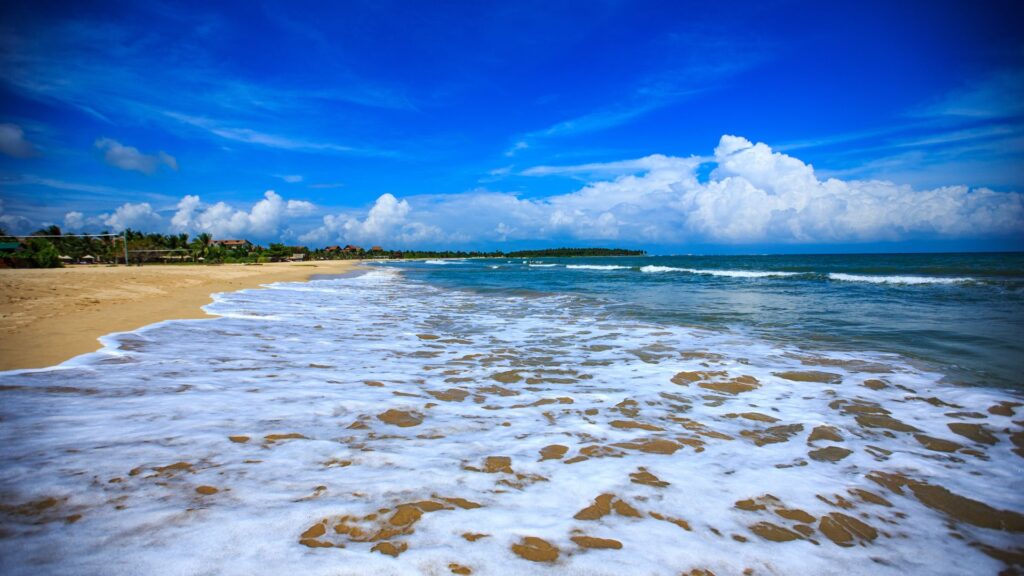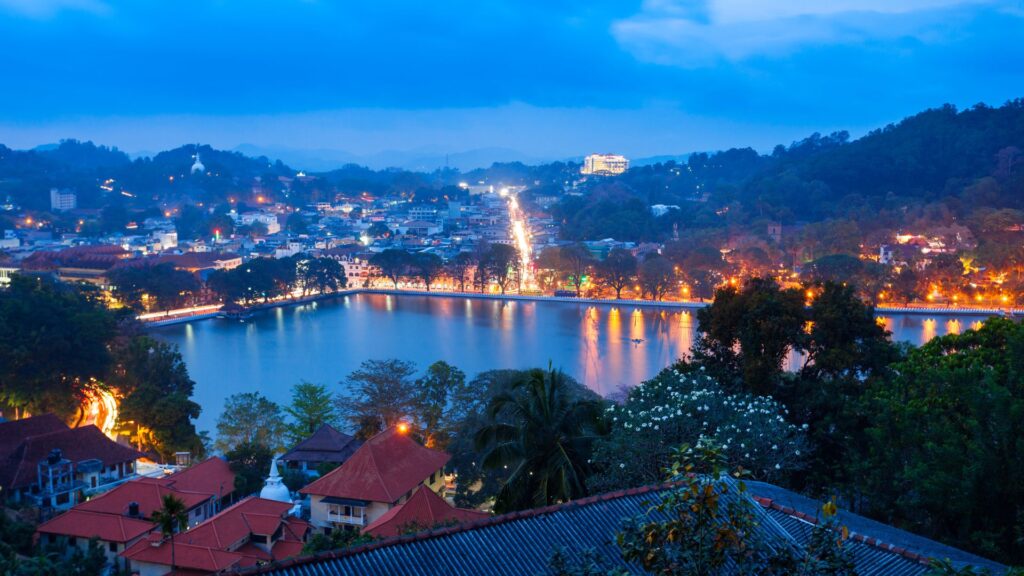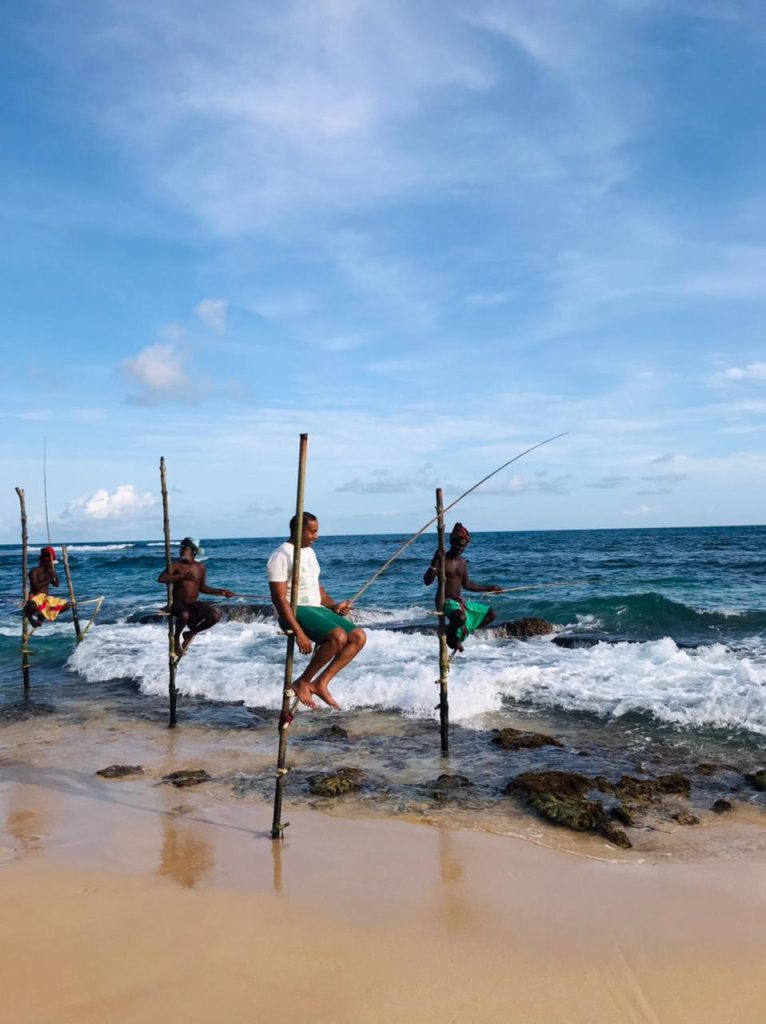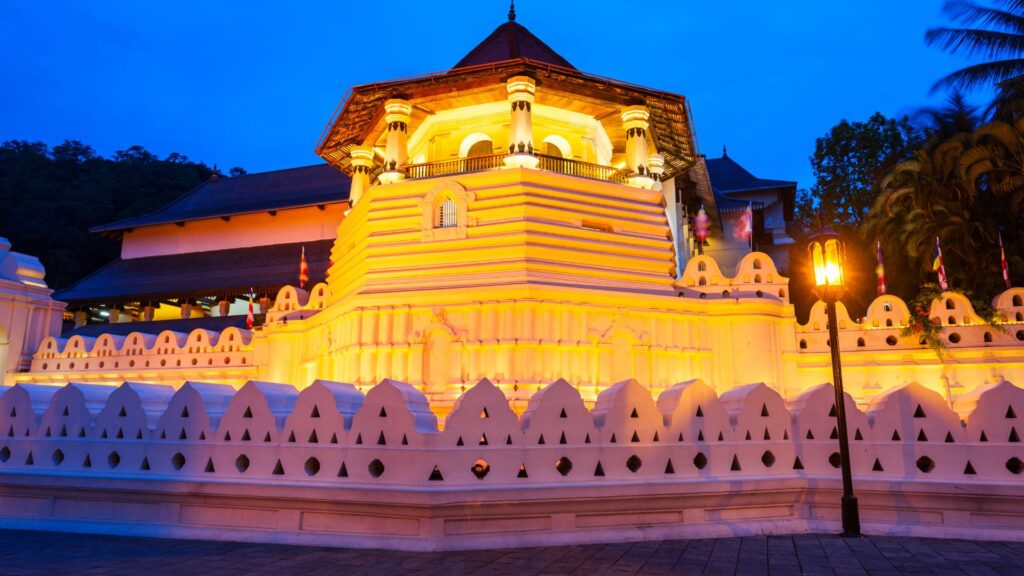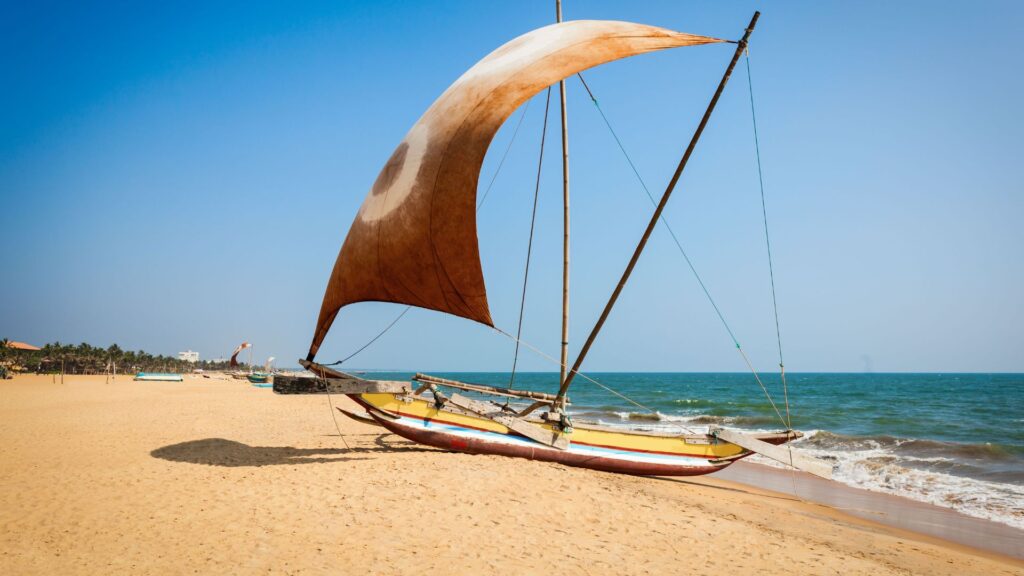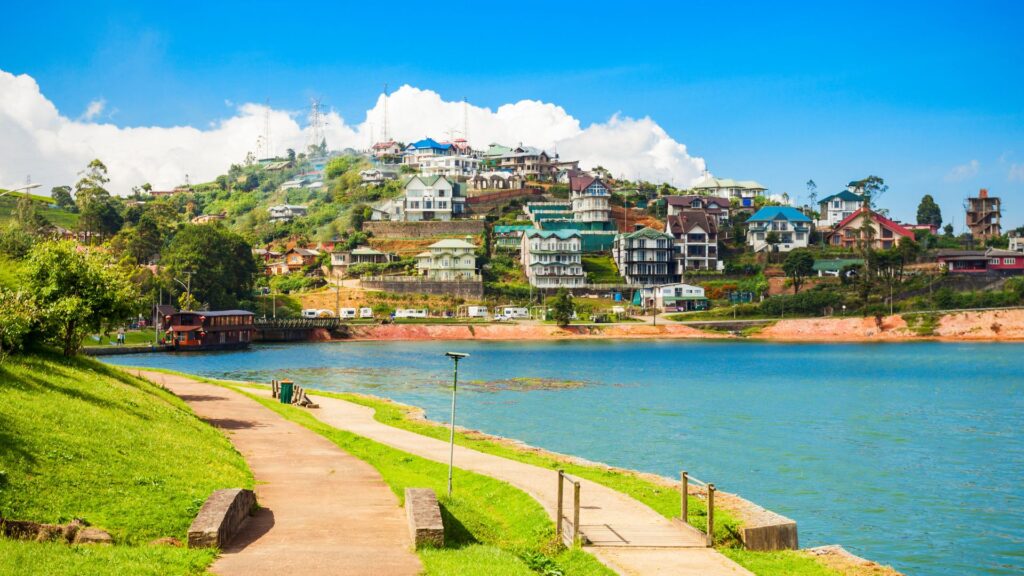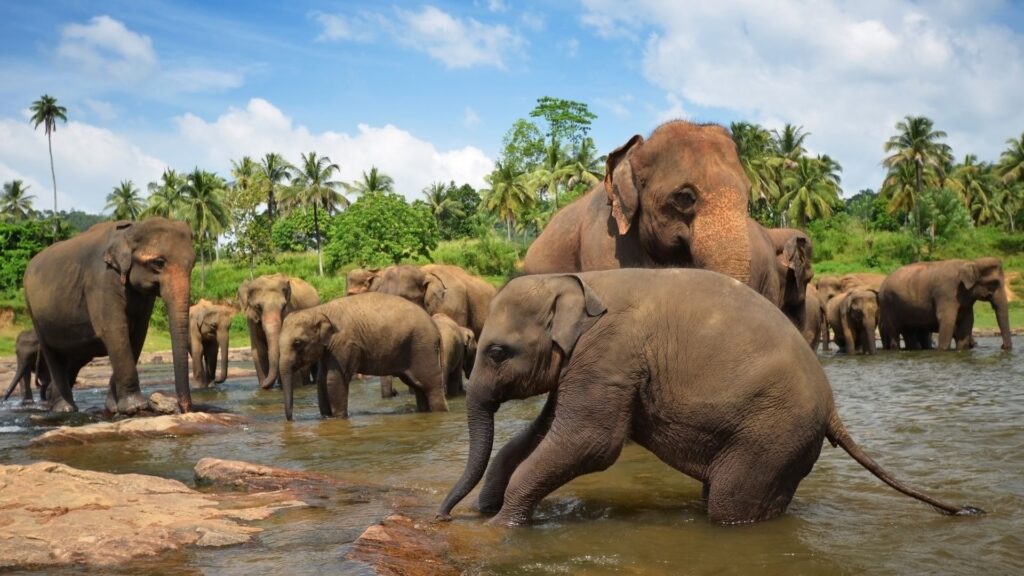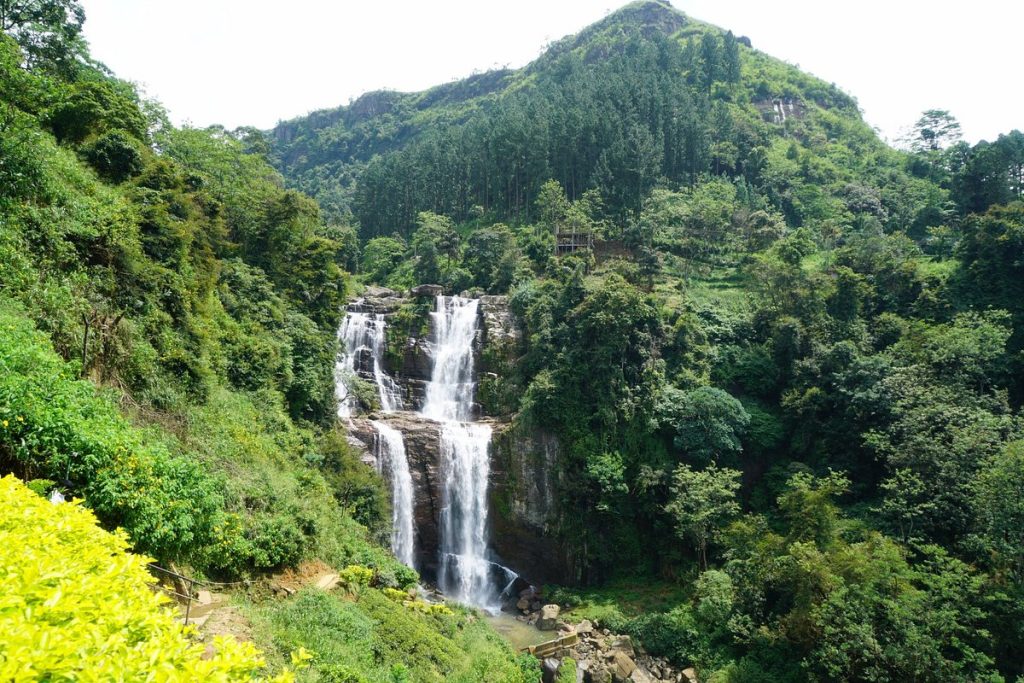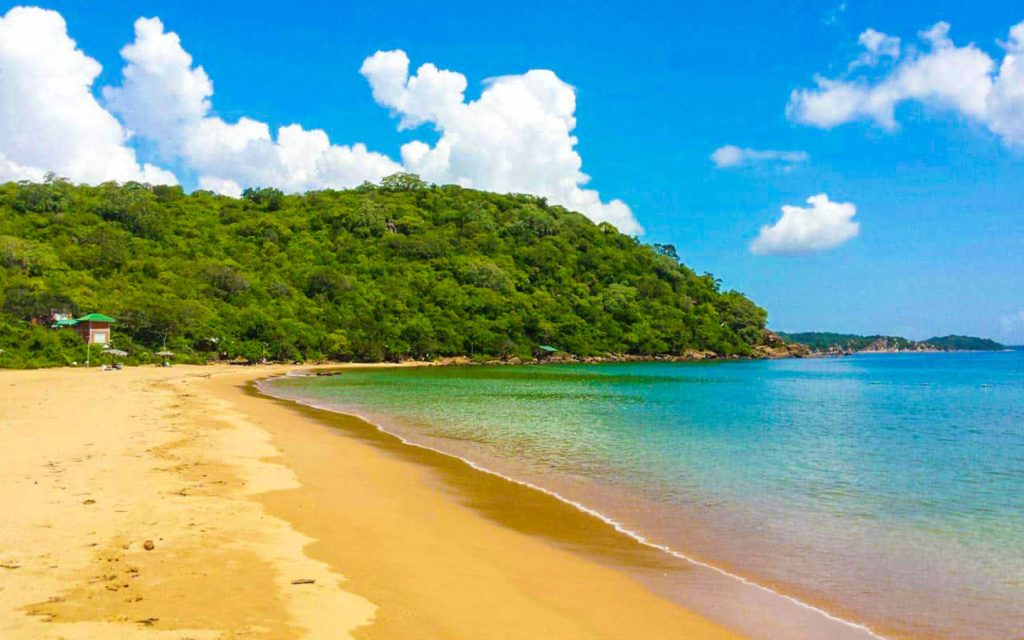Jaffna
Jaffna, located in the northern tip of Sri Lanka, is a vibrant city rich in history, culture, and natural beauty. Known for its distinct Tamil heritage, Jaffna offers a unique perspective on Sri Lankan life, featuring historical temples, beautiful beaches, and diverse culinary traditions.
Why is Jaffna Important?
- Cultural Significance: Jaffna is the cultural heart of the Tamil community, with ancient Hindu temples, vibrant festivals, and unique traditions.
- Historical Landmarks: The city is home to key attractions like the Jaffna Fort, a 17th-century Dutch fortress, and the Nallur Kandaswamy Temple, a beautiful Hindu shrine.
- Scenic Beaches: Jaffna’s coastline is dotted with serene, less-crowded beaches perfect for relaxing or exploring local fishing villages.
- Off-the-Beaten-Path Destination: Unlike the busy tourist spots of southern Sri Lanka, Jaffna offers a peaceful, authentic experience.
Top Attractions in Jaffna
- Nallur Kandaswamy Temple: A revered Hindu temple with stunning architecture and a rich spiritual atmosphere.
- Jaffna Fort: Explore the historical remnants of this colonial-era fortress surrounded by fascinating local culture.
- Point Pedro: The northernmost point of Sri Lanka, offering stunning views and a connection to the Indian Ocean.
Discover Jaffna with PEARL TRIPS LANKA
Jaffna is an unspoiled gem filled with history, culture, and beauty. Whether you’re exploring its temples, savoring Tamil cuisine, or relaxing on quiet beaches, Jaffna promises a memorable adventure.
Plan your tour of Jaffna with PEARL TRIPS LANKA for an unforgettable cultural experience.
Explore More:
- Experience the charm of Mannar Island.
- Visit the sacred city of Anuradhapura.
Lesure Summer Tours
Lesure Winter Tours
Other Trips
These are other trips.

